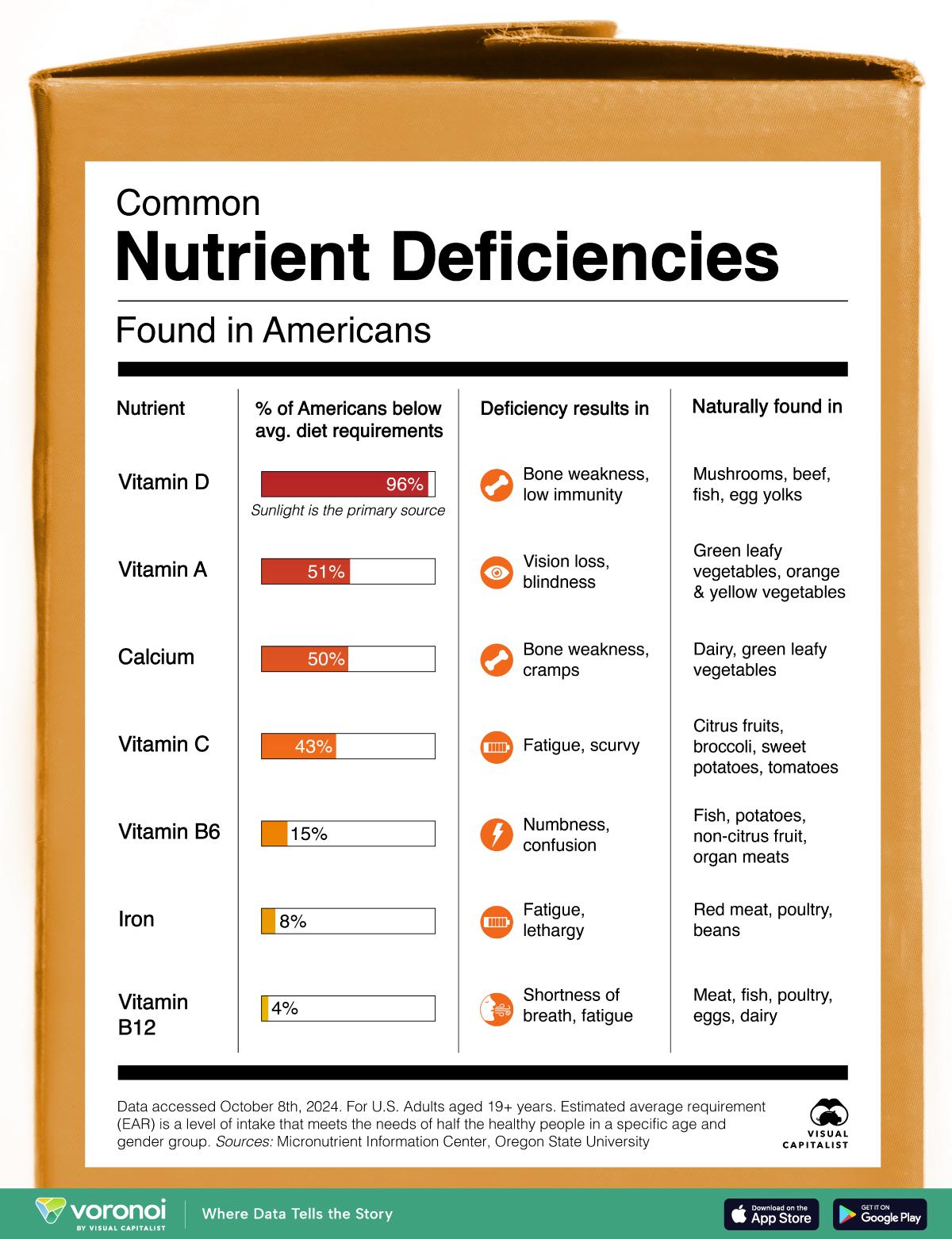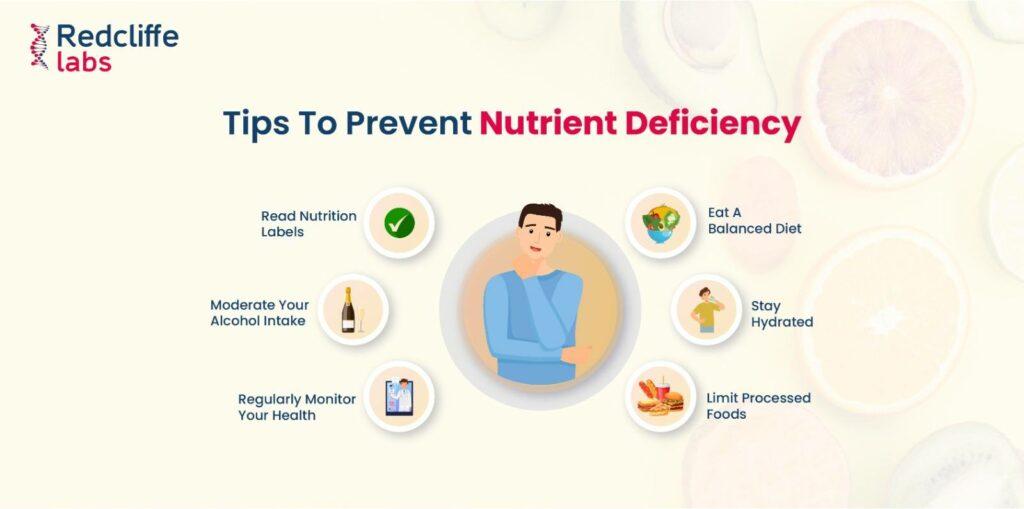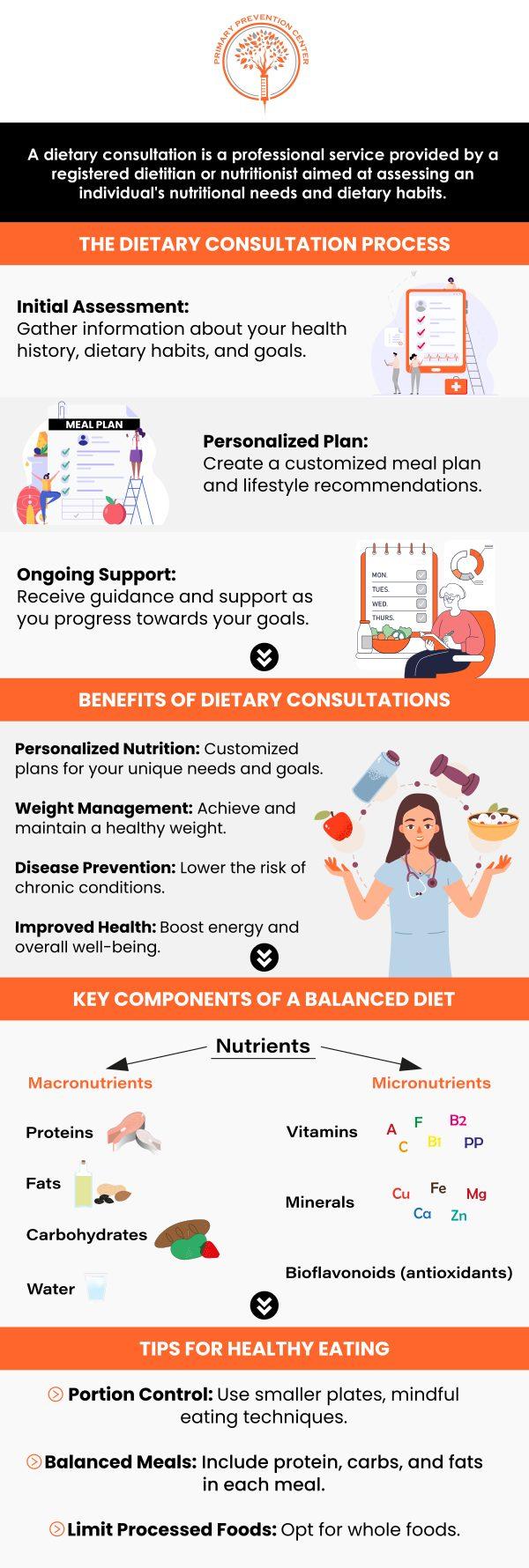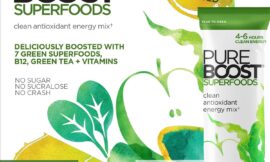In a world brimming with colorful fruits, vibrant vegetables, and a seemingly endless variety of foods, it’s easy to assume we’re fueling our bodies with everything they need. yet, even the most conscientious eaters can unknowingly fall short of vital nutrients. Identifying thes hidden gaps in your diet isn’t just about avoiding discomfort—it’s about unlocking your full potential for energy, health, and longevity. This article will guide you thru the subtle signs and practical steps to spot nutrient deficiencies, empowering you to nourish yourself with intention and balance. Whether you’re a seasoned health enthusiast or simply curious about optimizing your wellbeing, understanding these clues can transform your approach to eating and vitality.
Understanding Common Signs of Nutrient Deficiencies
Recognizing the indicators your body gives you is essential to maintaining optimal health. Nutrient deficiencies often manifest through subtle symptoms that easily go unnoticed. As a notable example, persistent fatigue may suggest a lack of iron, while dry, flaky skin can indicate a shortage of essential fatty acids. Other common signs include brittle nails, frequent muscle cramps, and hair thinning. Being attentive to these often overlooked signals can help you address dietary gaps before they escalate into more serious health issues.
Below is a concise overview of some prevalent deficiency signs and their possible nutrient causes:
| Symptom | potential Deficiency | Key Nutrient Sources |
|---|---|---|
| Cracks at Mouth Corners | Vitamin B2 (Riboflavin) | Dairy, eggs, green leafy vegetables |
| frequent Bruising | Vitamin C | Citrus fruits, broccoli, strawberries |
| Numbness or Tingling Sensation | vitamin B12 | meat, fish, fortified cereals |
| Muscle Weakness | Magnesium | nuts, seeds, whole grains |
For a detailed guide on nutrient sources and recommended daily intakes, the Office of Dietary Supplements provides expertly researched facts.staying informed and listening to your body can significantly enhance your nutritional well-being.

Key Nutrients and Their Impact on Overall Health
Our bodies thrive when supplied with essential nutrients that support vital functions, from cellular repair to immune defense. Macronutrients like carbohydrates, proteins, and fats provide the energy required for daily activities and bodily functions, while micronutrients such as vitamins and minerals regulate metabolic processes and maintain structural integrity. Such as, vitamin D influences bone health and calcium absorption, while iron is critical for oxygen transport in the blood. A deficiency in any of these key elements can manifest subtly, affecting everything from mental clarity to physical stamina.
identifying the specific nutrients you lack starts with understanding the diverse roles they play. Keep an eye out for signs such as:
- Fatigue and weakness (frequently enough linked to iron or vitamin B12 shortages)
- Dry skin or brittle nails, which may indicate a lack of essential fatty acids or vitamin E
- Frequent infections potentially tied to vitamin C or zinc deficiencies
Regularly monitoring your diet and consulting with healthcare professionals can definitely help tailor a nutritional strategy that’s both balanced and effective. For a comprehensive nutrient guide, resources like the American Society for Nutrition and National Institute of Diabetes and Digestive and Kidney Diseases offer detailed insights and recommendations.
| Nutrient | Primary Function | common deficiency Sign |
|---|---|---|
| Iron | Oxygen transport via hemoglobin | Fatigue, pale skin |
| Vitamin D | Bone growth and repair | Bone pain, muscle weakness |
| Vitamin B12 | Nervous system health, DNA synthesis | Numbness, memory issues |
| Magnesium | Muscle and nerve function | Muscle cramps, irritability |

Practical Dietary Adjustments to Address Deficiencies
Making thoughtful changes to your eating habits can effectively bridge nutrient gaps without overwhelming your daily routine. Start by incorporating whole, nutrient-dense foods such as leafy greens, nuts, legumes, and lean proteins. These powerhouses serve as natural sources of essential vitamins and minerals, helping to combat common deficits like iron, calcium, and vitamin D. simple swaps, like choosing quinoa over white rice or snacking on pumpkin seeds instead of processed chips, can deliver a significant nutrient boost.
To personalize your adjustments, consider monitoring portion sizes and meal frequency to maximize absorption. Using the following checklist can help you effectively replenish specific nutrients:
- Iron: Red meat, spinach, fortified cereals
- Vitamin B12: Eggs, dairy, fish, fortified plant-based milks
- Calcium: Yogurt, kale, almonds
- Vitamin D: Fatty fish, egg yolks, supplements as necessary
| Deficiency | Easy dietary Fix | Additional Tips |
|---|---|---|
| Magnesium | Spinach, pumpkin seeds | Avoid excessive caffeine |
| Zinc | Shellfish, chickpeas | Limit phytate-rich foods during meals |
| Vitamin C | Oranges, bell peppers | eat raw for maximum benefit |
Implementing these targeted adjustments will not only remedy common deficiencies but also contribute to overall vitality and wellness. For detailed nutrient values and dietary guidelines, refer to authoritative sources like the British Nutrition foundation and the Office of Dietary Supplements. Aligning your diet with science-driven insights ensures your nutritional strategy remains balanced and enduring.

When to seek Professional Nutritional Advice
Recognizing when to consult a nutrition expert can transform your approach to health from guesswork to precision. if persistent symptoms like fatigue,hair thinning,or unexplained mood changes shadow your daily life,it could signal underlying nutrient gaps. Additionally, those with chronic health conditions, dietary restrictions, or who are pregnant or elderly should consider professional advice to tailor their nutrition adequately. Self-diagnosing nutrient deficiencies through online resources can be misleading; a registered dietitian or healthcare provider will use validated assessments to pinpoint your needs effectively.
Here are some clear indicators that professional guidance is crucial:
- Unexpected health shifts: sudden weight changes, frequent infections, or delayed wound healing.
- Complex diets: veganism, keto, or medically prescribed meal plans requiring nutrient balance.
- Medication interactions: some drugs can affect nutrient absorption and availability.
- Lack of progress: when self-implemented diet changes don’t improve your symptoms.
| Situation | Why Seek Advice? | Possible Benefit |
|---|---|---|
| chronic fatigue | Possible iron or B12 deficiency | Improved energy levels |
| Restrictive diets | Risk of missing key nutrients | Balanced meal planning |
| Pregnancy | Increased nutrient demands | Healthy fetal development |
| Medication use | Altered nutrient absorption | Optimized supplementation |
For more detailed guidance, consult resources such as the Academy of Nutrition and Dietetics or the British Nutrition Foundation. These websites offer evidence-based advice and can help you identify when professional nutritional evaluation is warranted.
To Wrap it Up
In the intricate puzzle of our health, understanding the subtle signs of nutrient deficiencies can be the key to unlocking greater vitality and well-being. By tuning into your body’s whispers—be it persistent fatigue, unexpected mood shifts, or unexplained physical changes—you equip yourself with the insight needed to make informed dietary choices. Remember, identifying these clues is not about perfection, but about awareness and action. Nourishing your body thoughtfully transforms food from mere sustenance into a powerful ally on your journey toward a balanced, vibrant life. Keep observing, learning, and adapting—as true wellness begins with the simple act of listening to what your body truly needs.





